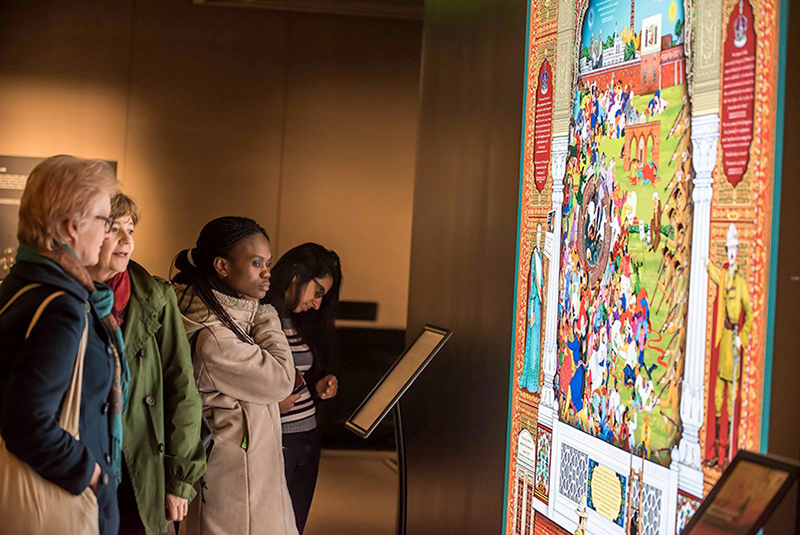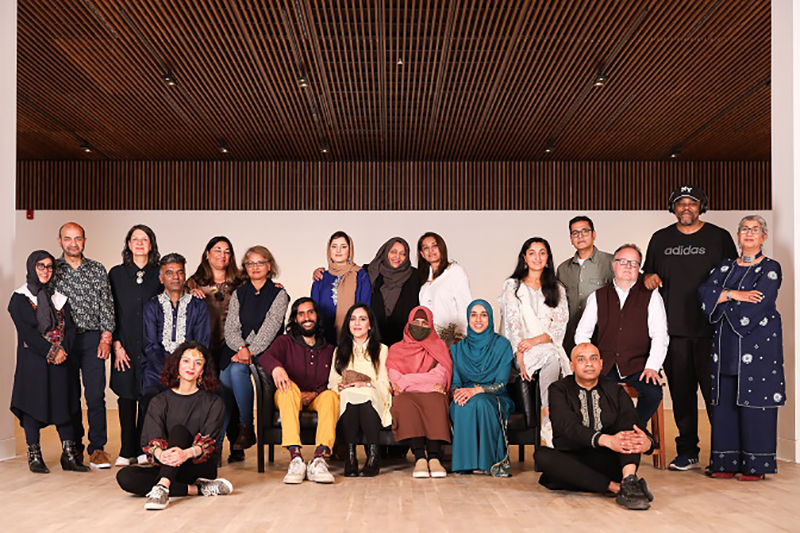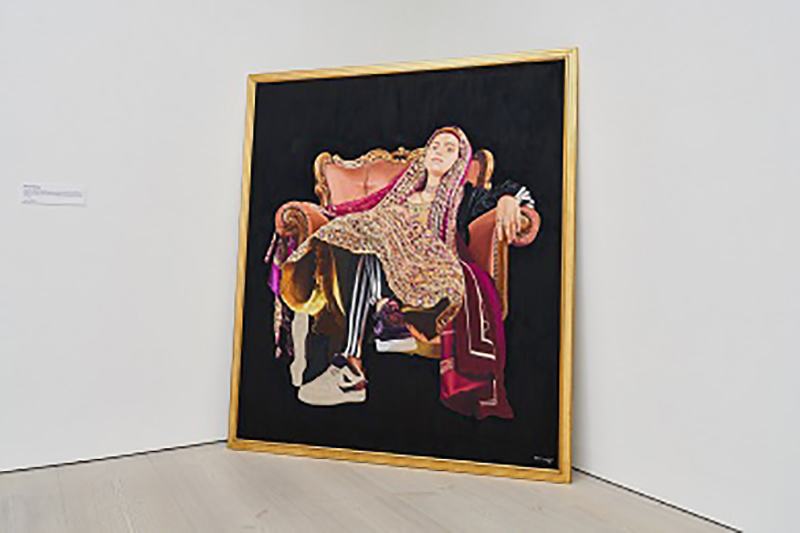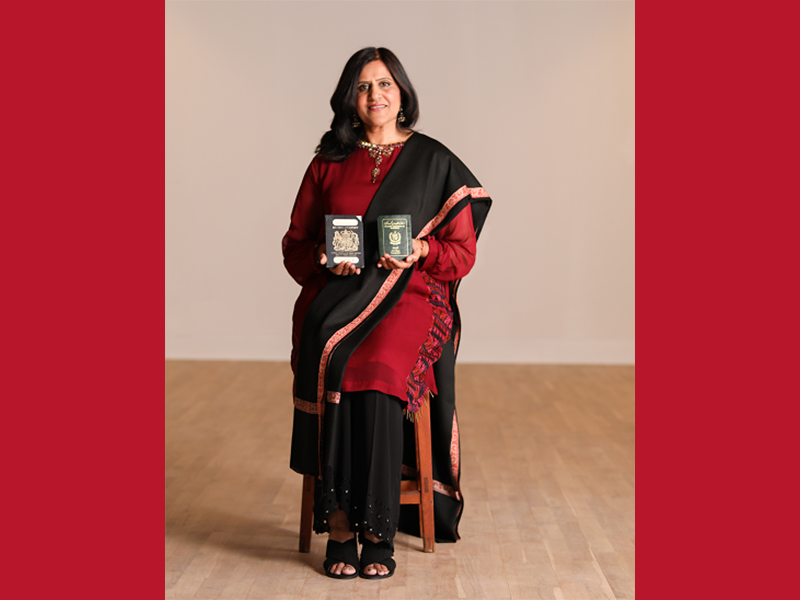 Singh Twins Exhibition
Singh Twins Exhibition Manchester Museum to reopen on February 18; new gallery on South Asia
Manchester, UK/IBNS: Visitors to the United Kingdom (UK), especially those from south Asia, now have a spectacular attraction to add to their itinerary – the Manchester Museum.
Slated to re-open on February 18 this year, following a £15 million transformation, the museum will be housing a South Asia Gallery which, according to a release, is part of the institution’s aim to put the diaspora communities of Manchester at the heart of its unique spaces and programmes.
The Manchester Museum is part of the University of Manchester.
According to the release, the new South Asia Gallery, the result of a collaboration between the Manchester Museum and the British Museum, will be the UK's first permanent space dedicated to the lived experience of the South Asian community.
The project is co-curated with 30 inspiring individuals (community leaders, educators, artists, historians and musicians and writers) from the South Asia community, known as the South Asia Collective.
 Photo credit: Maryam Wahid
Photo credit: Maryam Wahid
Showcasing over 140 historic artefacts from the collections of the Manchester Museum and British Museum, alongside new contemporary commissions and personal objects provided by the Collective, the gallery will present a range of personal stories that provide visitors with a window into South Asia.
 Image: I beg you to define me, Azraa, South Asia Gallery
Image: I beg you to define me, Azraa, South Asia Gallery
The gallery’s story-led design will reflect multiple voices and perspectives on South Asia through six overarching themes: Past & Present, Lived Environments, Innovation & Language, Sound, Music & Dance, British Asian, and Movement & Empire.
Visitors will have an opportunity to know about the impact of Gandhi’s visit to the cotton mill town of Darwen, Lancashire in 1931 - through the connection of Manchester’s cotton industry to the Indian independence movement.
There will be stories from around the social and cultural history of colonial India (e.g. from historian and Professor Anindita Ghosh) to the musical heritage of South Asia (e.g. Balraj Singh Samrai, and his expertise on South Asian music).
A listening station will play work by Aziz Ibrahim, a musician in the Collective, recognised for playing with the Stone Roses and Simply Red, as well as developing South Asian blues which mixes English and Punjabi, whose album describes a family journey from Lahore to Manchester.
From celebrating the contribution of individuals to global fields such as science (e.g. Collective member Fal Sarkar exploring the story of his grandfather, Satyendra Nath Bose, one of the seminal founders of modern quantum science) to telling stories of intergenerational trauma through the impact of voluntary and involuntary migration (e.g. a Collective member and journalist recollecting the story of her grandmother’s saree passed during partition), there will be many interesting presentations to highlight the diaspora life.
A National Health Service (NHS) display will celebrate the importance of the South Asian community to UK medicine, from the 1950s movement of medics to the UK to the significant contribution of the community during the Covid pandemic.
Among the new commissions which will populate the space, there will be a rickshaw imported from Bangladesh and decorated by communities in Manchester and a 17-metre-long mural from British artists, The Singh Twins, illustrating an emotional map of South Asian diaspora experience.
 Image: Nusrat Ahmed, photo by Maryam Wahid
Image: Nusrat Ahmed, photo by Maryam Wahid
According to Nusrat Ahmed, South Asia Gallery Curator at Manchester Museum, “The co-curated South Asia Gallery envisages a collaborative, iterative space that will generate new perspectives and connections. We hope to engage further diaspora communities on its opening and support its continual evolution. This personalised approach humanises the gallery, telling stories about real people and their objects.”
The Manchester Museum, following its re-opening on February 18 this year, will be open on all days except Monday.
For details of timings on various days, events, etc. refer to https://www.museum.manchester.ac.uk
Support Our Journalism
We cannot do without you.. your contribution supports unbiased journalism
IBNS is not driven by any ism- not wokeism, not racism, not skewed secularism, not hyper right-wing or left liberal ideals, nor by any hardline religious beliefs or hyper nationalism. We want to serve you good old objective news, as they are. We do not judge or preach. We let people decide for themselves. We only try to present factual and well-sourced news.







